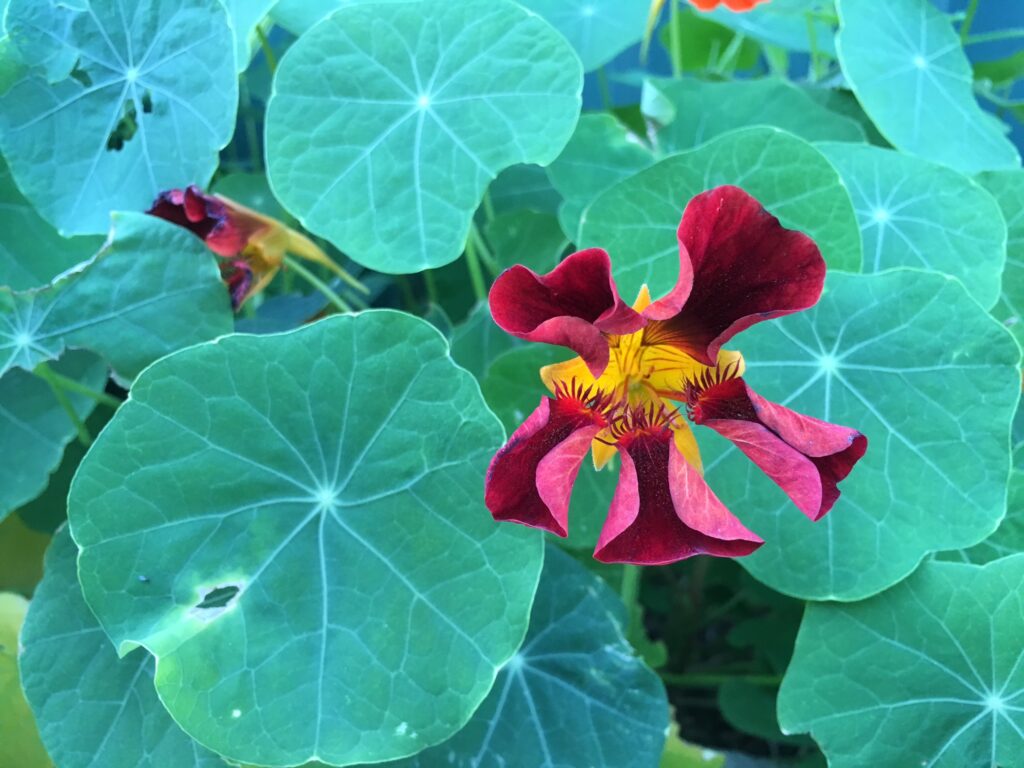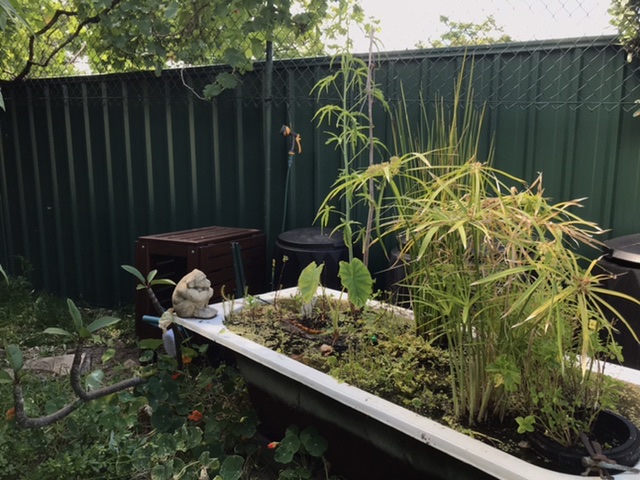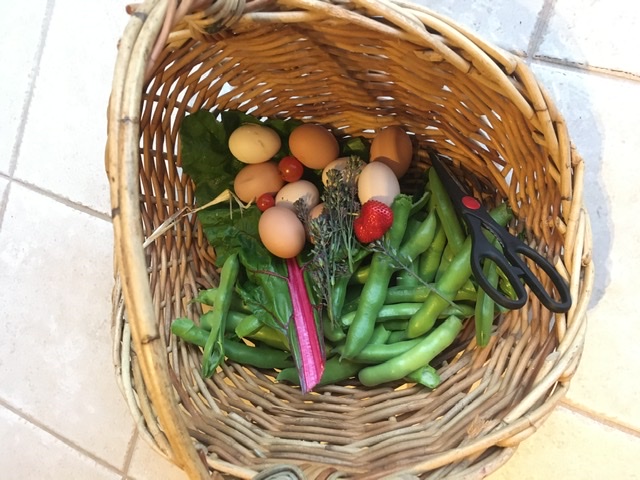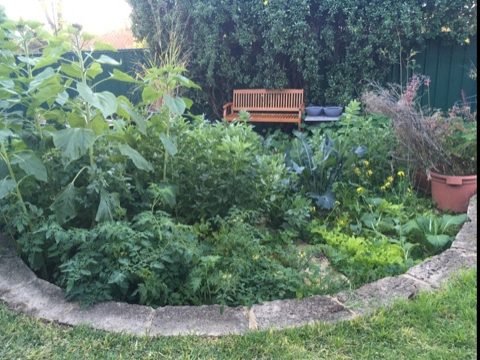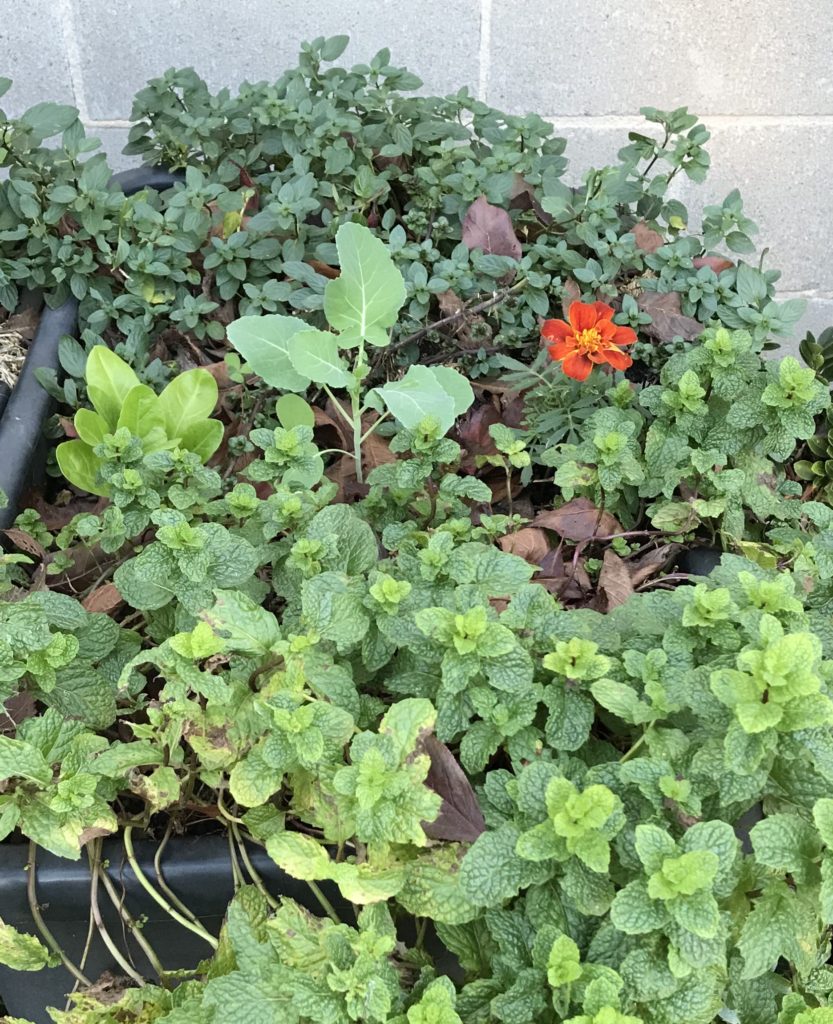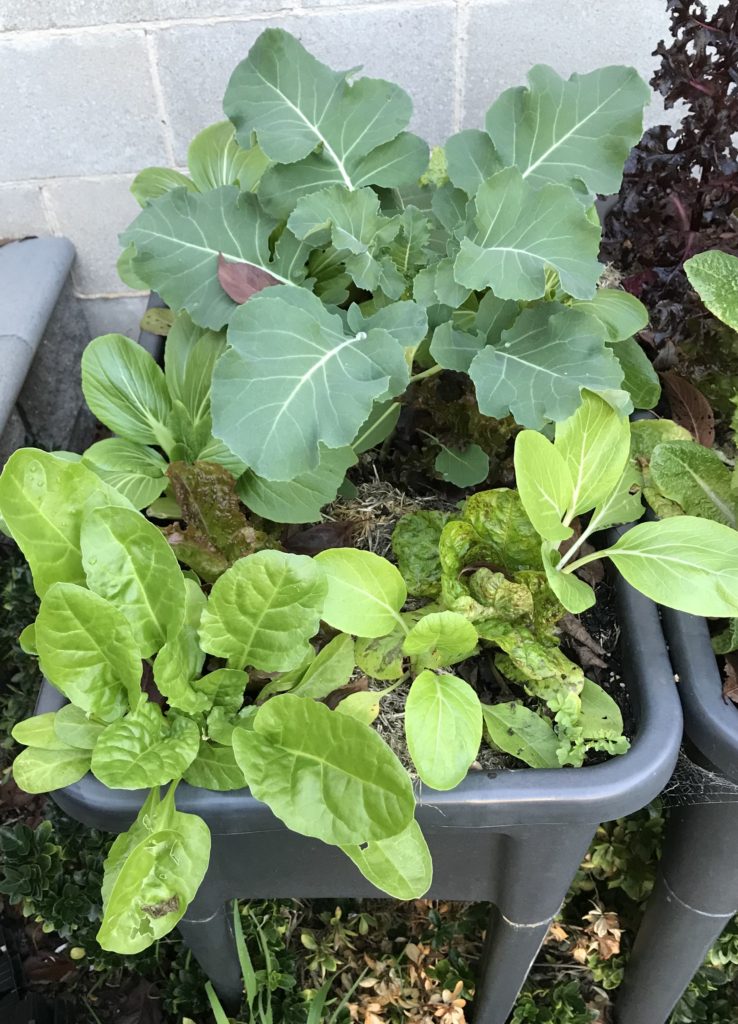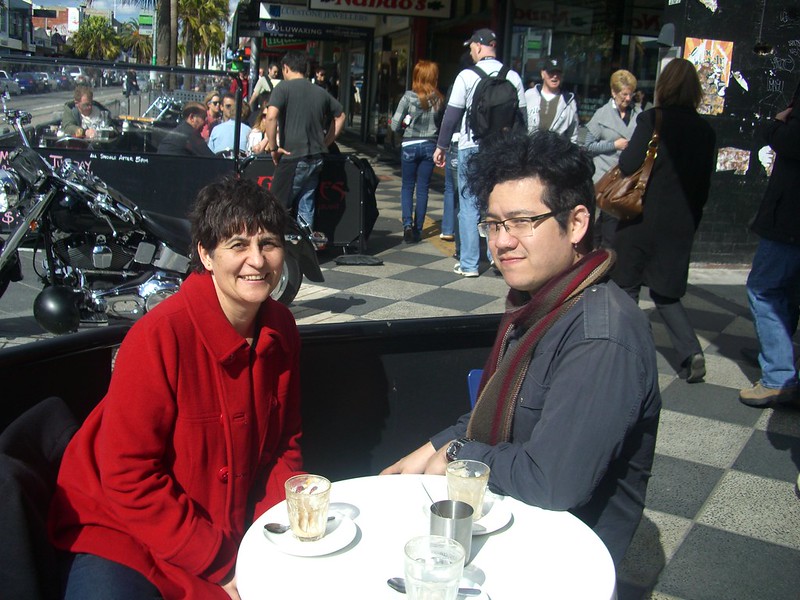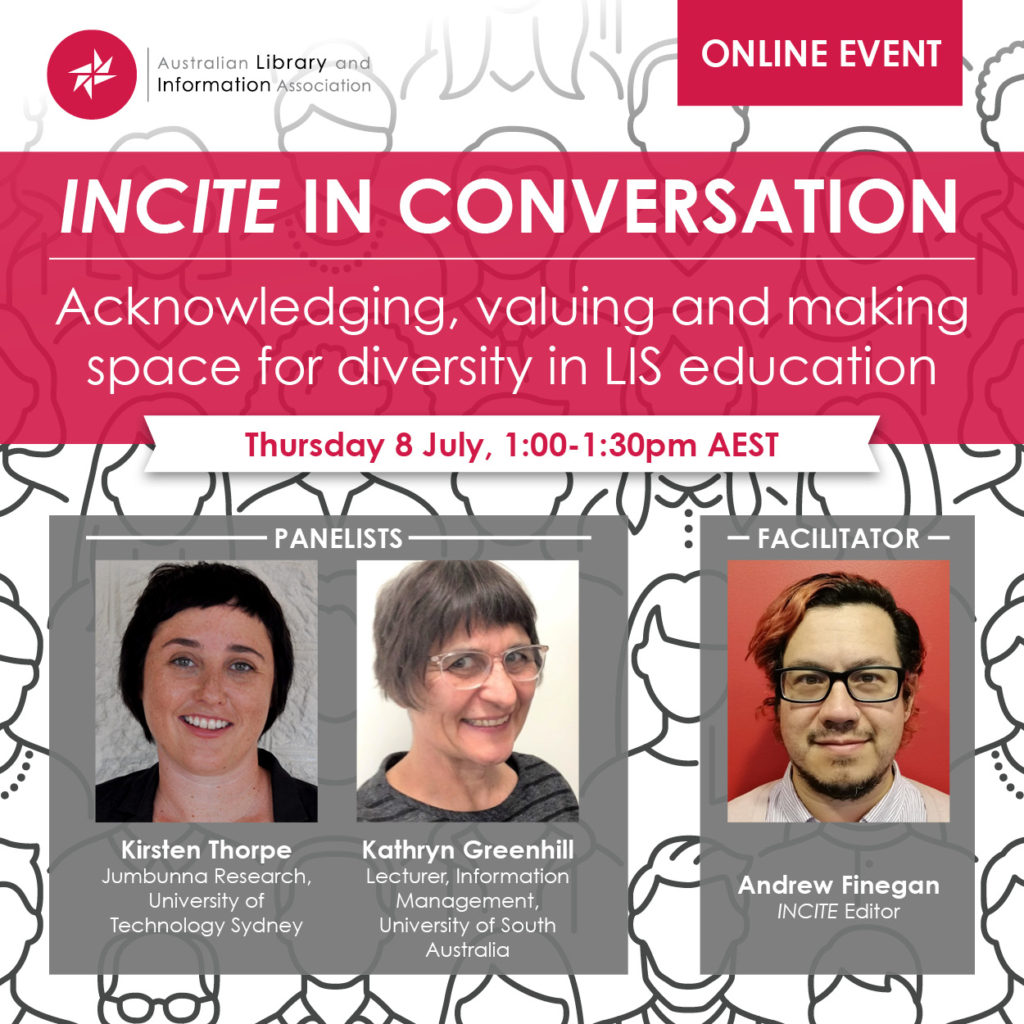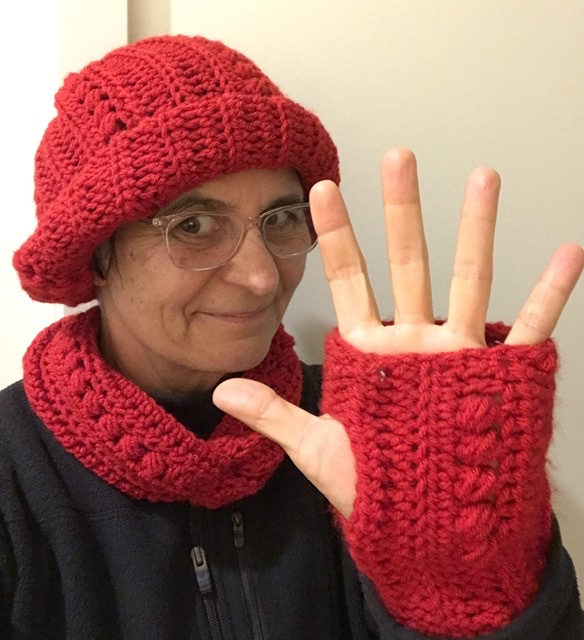Thank you to those already signed up for the Blogjune 2022 JuneQuestions .
Not too late to grab a nice juicy question to think about for a while before posting. Just under half the days have peoples’ names next to them.
I signed up for the very first question, which means I start with the three questions EVERYONE answers, before going on to the main event, which is:
” What is the most useful advice you have had from a mentor?”
- What do you currently do for a living?
I work fulltime as a Lecturer in Information Management at the University of South Australia. I took over teaching three courses from the State Library of South Australia at the start of 2021. I spent last year totally revamping two courses, before designing a brand new course this year to replace the other one.
For each course I teach, I give students two key questions to stick above their computers in case they get a bit lost with why they are reading or doing an activity. They also work well to explain to you what I teach.
- Information Management Foundations
- What do librarians, records managers and archivists do?
- When information professionals need to work out what to do, what frameworks, skills, knowledge and discussions guide them?
- Information Retrieval
- How do information professionals help clients analyse their information needs, and improve their information-seeking behaviour and skills to obtain the best information?
- How do information professionals work out the best place to look for information, how to find it and to evaluate its quality?
- Scholarly Communications
- How can libraries support scholarly communications?
- How do librarians identify and navigate factors that inter-relate to influence library capacity to support scholarly communications?
I see my role as helping students ask better questions about the topics covered, know the key concepts and vocabulary, know where to look and who to ask, and how to keep finding out for the rest of their careers. I give them content and activities that I think will help them get closer, then encourage, guide and give feedback as they go further and learn more than I know.
… and… I signed up for three #JuneQuestions questions, so I am going to leave the other two questions (about my role and my biggest achievement) for the start of the other two.
So…
Best advice from a mentor
1. Focus on the “strategic few”.
This is just as simple as it sounds. And works in most situations. You can never do, know or finish it all. Some of it is more important than other bits. Do those.
The tricky part is working out what “important” means. This is where the idea of the “strategic” few, rather than just the “few because you are only a human of limited capacity” comes in.
I have been well-mentored by the profession, and am extremely grateful to the people before me who shared. This advice was part of a group mentoring activity. The same people talked about considering time frames:
- Will this matter in an hour?
- A day?
- Next week?
- In a year?
- In a decade?
- After you have died?
For me, considering the “strategic few” only works because I have been encouraged to do a LOT of reflection and to think about the type of professional (and person!) I want to be, AND TO TAKE TIME TO ARTICULATE IT.
Right now, it is Week Nine of the ten week study periods that I teach. It is coming up to the very last component of continuous assessment for students. It is ALWAYS a reflective task. In the last week I have been trying to communicate to students just why it is important to do that reflective work now. How it is important to spend the lull times, or the times where your mind is freshly engaged with a topic, articulating carefully what it means to you. To think about what about it is valuable for how you will do life. What bits you need to develop, what to discard…and to write them down formally.
Why? Because it is very likely you will have to make a decision about those “strategic few” on the fly and under pressure. When you don’t have time or capacity for reflection and careful weighing up. If you have previously taken the lull times to write your own little guidebook of values and what aspects of a topic you find significant, you have a really useful tool up your sleeve when it does become time-critical.
I STILL find myself gravitating to “most interesting” and “most shiny” and “most likely to help someone else” few. BUT, with my mantra of “strategic few, strategic few”, and my own goals and values quite firmly understood (although frequently revised), I find it easier to walk away from the impossible and talk a bit more kindly to myself when I do.
(Why the nastursiums? Because every post deserves an image. The iStockPhotos ones that I was going to use were just too unintentionally funny or ridiculously stereotyped.
My blog. What I like. I like the wonderful variant that grew in my garden five years ago 🙂 )

